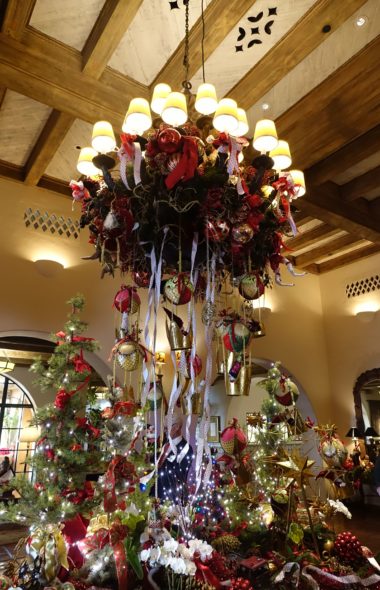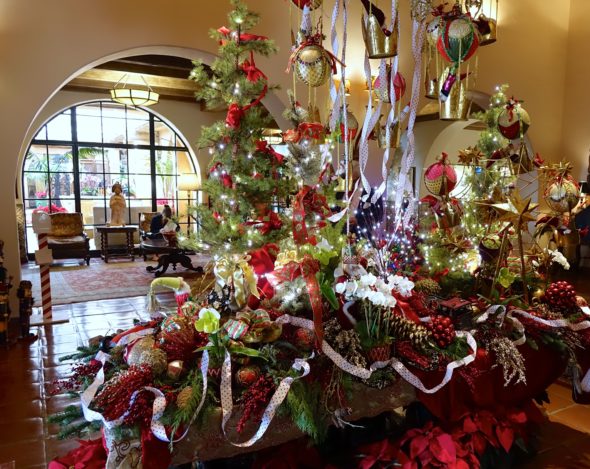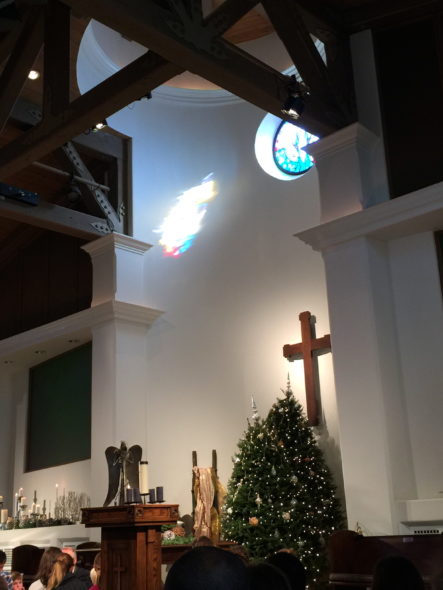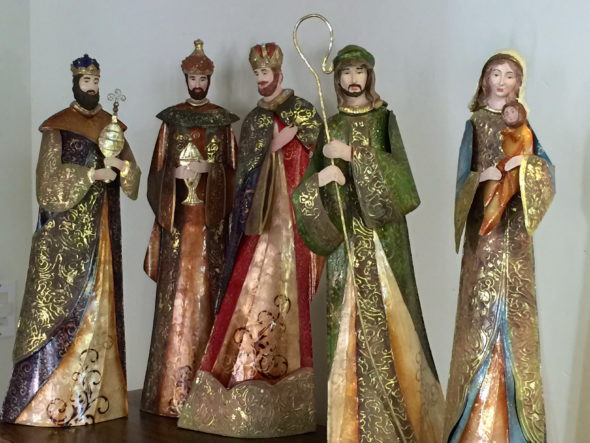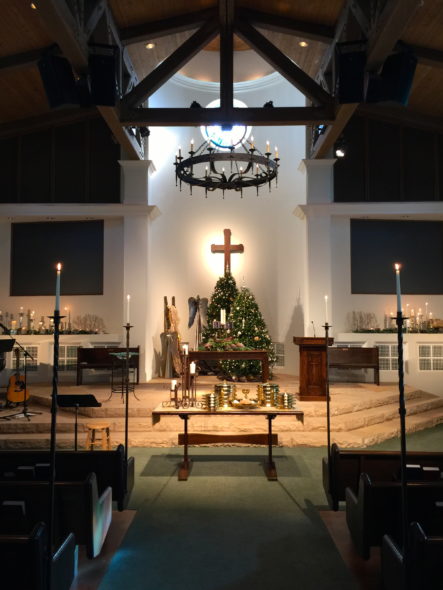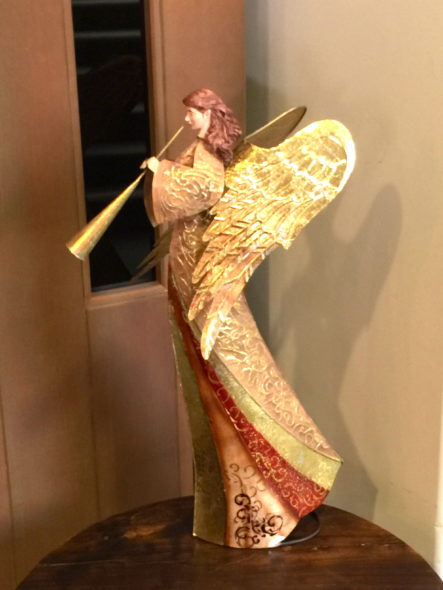1 Samuel 2:1-10
Genesis 7:15-22
Galatians 4:8-20
1 Samuel 2:1-10
Hannah prayed and said,
“My heart exults in the Lord;
my strength is exalted in my God.
My mouth derides my enemies,
because I rejoice in my victory.“There is no Holy One like the Lord,
no one besides you;
there is no Rock like our God.
Talk no more so very proudly,
let not arrogance come from your mouth;
for the Lord is a God of knowledge,
and by him actions are weighed.
The bows of the mighty are broken,
but the feeble gird on strength.
Those who were full have hired themselves out for bread,
but those who were hungry are fat with spoil.
The barren has borne seven,
but she who has many children is forlorn.
The Lord kills and brings to life;
he brings down to Sheol and raises up.
The Lord makes poor and makes rich;
he brings low, he also exalts.
He raises up the poor from the dust;
he lifts the needy from the ash heap,
to make them sit with princes
and inherit a seat of honor.
For the pillars of the earth are the Lord’s,
and on them he has set the world.“He will guard the feet of his faithful ones,
but the wicked shall be cut off in darkness;
for not by might does one prevail.
The Lord! His adversaries shall be shattered;
the Most High will thunder in heaven.
The Lord will judge the ends of the earth;
he will give strength to his king,
and exalt the power of his anointed.”
My goodness, but today’s readings were an interesting set! I chose this psalm as the ‘easiest’ of the three to reflect upon, but somehow, it’s not all that easy! There are parts of this song that are hard to read, hard to hear. I don’t like reading lines like, “The Lord kills . . . he brings down to Sheol. . . ” No, I don’t like it.
But there they are – so – now what?
Well, I will take them in, wonder about their meaning, lay them alongside a bunch of other words that might seem to say otherwise, and prayerfully leave it up to the Spirit to decipher and use them as the Spirit sees fit. I believe I can do that in good confidence that God will use even the difficult words to teach and to shape me and others.
How do you wrestle with the words of scripture that are tough for you? It’s at times like this that I am grateful for the dedicated work of Bible scholars over the ages. It is at times like this that I remember that the church in the sense of THE CHURCH, has not always agreed on interpretation of certain ideas/passages. In fact, the church in that sense has re-interpreted things lots of times over the past two thousand years. I believe that is the ongoing work of the Spirit, the ongoing revelation of God. No, words are not added to Scripture. Nor are words taken away. But they are read in differing lights, using all the truth that is revealed by history/science/psychology. All truth is God’s truth, right?
So, I will take from this psalm the power and truth of the overall teaching it contains — that God is sovereign, that God hears and answers prayers like Hannah’s (although, not always in the same way), that God is holy and that God is ultimately victorious over evil. And that God is even now at work bringing those powers down. And that sometimes God might choose to do that by working through the likes of you or me.
Gulp.
